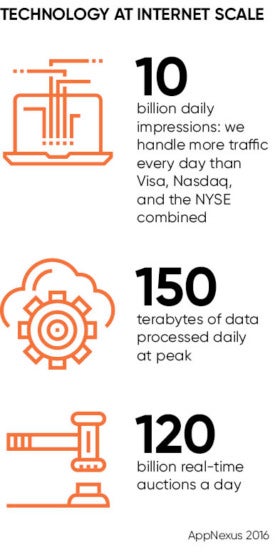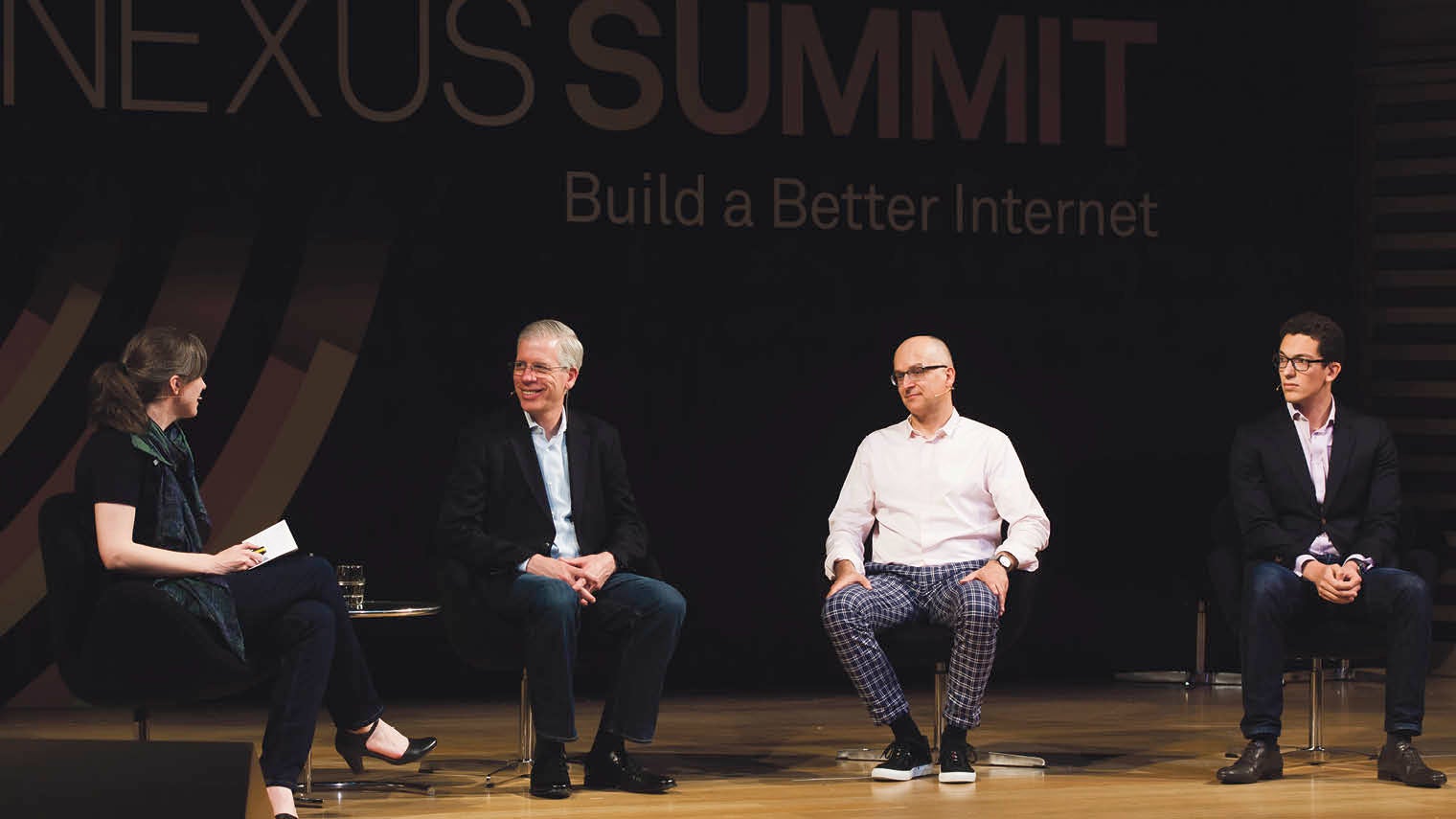 Digital marketing is on the brink of a technological revolution. With the emergence of machine-learning, online advertising is set to become more accurate, targeted and personalised, making ad campaigns increasingly effective and efficient, and providing online users advertising that is more relevant to their needs and interests.
Digital marketing is on the brink of a technological revolution. With the emergence of machine-learning, online advertising is set to become more accurate, targeted and personalised, making ad campaigns increasingly effective and efficient, and providing online users advertising that is more relevant to their needs and interests.
Today, digital advertising across devices relies on a mixture of statistics and human analysis to find the best strategy for running effective ad campaigns. In the future, much of the hard work will be done by machine-learning software, speeding up the ability of advertisers to find patterns in the way users click on their ad campaigns and helping them target consumers with greater precision.
To boost their advertising capabilities, marketers should seek out trusted partners in the advertising industry who are making heavy investments in machine-learning technology and employ data science teams fluent in the technology.
At AppNexus, we have built a first-class data science team of more than 30 engineers and scientists who are working on machine-learning algorithms to optimise the real-time bidding process for publishers and brands. Back in 2008, we helped create the automated real-time bidding system that connects publishers with brand advertisers. Now, we are developing next-generation machine-learning technology which will help both publishers and brands predict the types of advertising slots which will be most effective for ad campaigns.
As Catherine Williams, senior vice president and chief data scientist at AppNexus, explains: “Our aim at AppNexus is to help build a better internet. Machine-learning software will be a key ingredient in this and we are investing heavily in the technology. We are creating new and better ways for publishers to get the value they deserve from their advertising, and we are developing new machine-learning algorithms, so brands can get their ads in front of the right people at the right time.
Machine-learning is transforming real-time bidding in the digital advertising marketplace
“By making online advertising work better for publishers, marketers and consumers, we are helping news providers to prosper in the competitive online world. This is a vital part of our democracy and ensures that great, trusted content is properly funded by effective advertising.”
So how does machine-learning work? It is a branch of artificial intelligence that allows computers to learn without being explicitly programmed and it is transforming real-time bidding in the digital advertising marketplace.
In the milliseconds it takes for a web page on desktop or mobile to load, a behind-the-scenes auction is taking place to find the most suitable advertising to fill the page’s ad slots. In the blink of an eye, the publisher of the web page sends out a signal across the internet telling brands that a certain web page has been clicked by a user. Brands in the digital marketplace then take part in an auction to fill the ad spaces on that web page.

Left to right: Catherine Williams, Karl Bunch, Juergen Galler and Remi Lemonnier
The value of the bids depends on a wide number of variables, such as data about the user who is viewing the page: male or female; millennial or baby boomer; what device are they on, mobile or desktop; which browser are they using? Other vital information includes the consumer’s location and interests, the time of day and the content of the web page they are visiting. The more closely these details match the profile of the advertiser’s target consumer, the more money that brand will be willing to bid for the slot.
AppNexus provides much of the technical infrastructure that enables this process in real time and the vital ingredient in this complex operation is data. Data scientists analyse the behaviour of millions or billions of clicks to predict which ads will work best on which web pages and to assess how much particular ad slots might be worth to advertisers.
The combination of human insight with the brute-force analytics of machine-learning will prove to be a powerful asset
Until recently, much of the data analysis that informs real-time bidding has employed humans to sift through information about clicks and to use static statistical methods to find patterns in consumer behavior that help decide bid price. But where humans are able to identify numerous meaningful patterns in the data, machine-learning algorithms can find significantly more. They could, for instance, show that people are more likely to click on a certain type of ad at a particular time of day or more likely to click on a fashion ad on their smartphone than on their desktop.
Machine-learning, by rapidly analysing millions of advertising clicks, can better predict an appropriate bid price for a relevant ad placement.
In what we consider a significant move, AppNexus is allowing marketers, media agencies and trading desks to “bring their own algorithm” – that is to add their own specifications to our machine-learning algorithms to collect the most relevant data for their specific campaigns.
Ms Williams explains: “We are building into the product the ability for human traders to build their own unique insights into the algorithm, say the time of day they would expect people to buy a product or certain websites they are sure need to be part of this campaign. Our product is designed so human traders can pull those insights out and orient the algorithm in that way. This allows them to direct the machine-learning process.”
So there is still a strong role for human input. The combination of human insight with the brute-force analytics of machine-learning will prove to be a powerful asset.
In the past, marketers have often been skeptical about new technology, dismissing the latest developments as hype, but machine-learning is a trend marketers must not miss. Brands that access machine-learning tools through trusted, independent partners will find the most effective way to communicate with their customers in the new internet age.
For more information please visit www.appnexus.com


